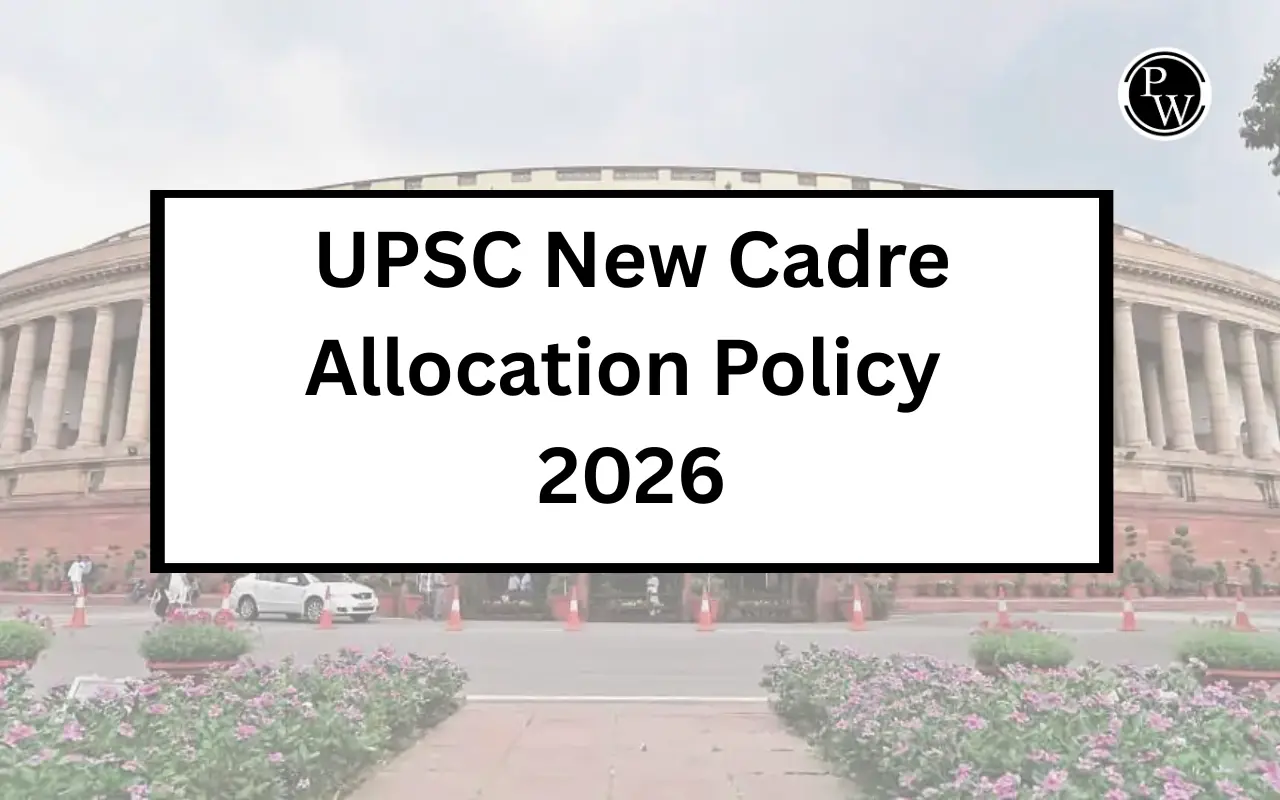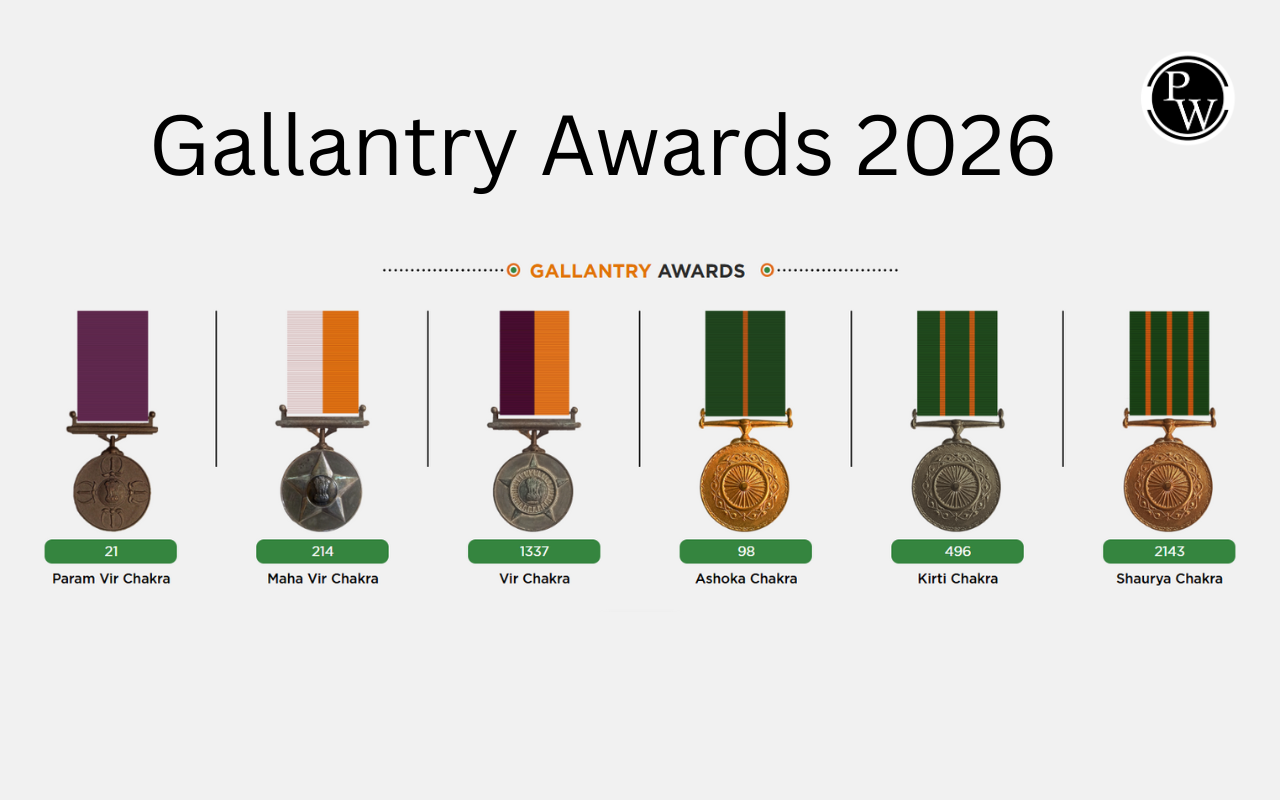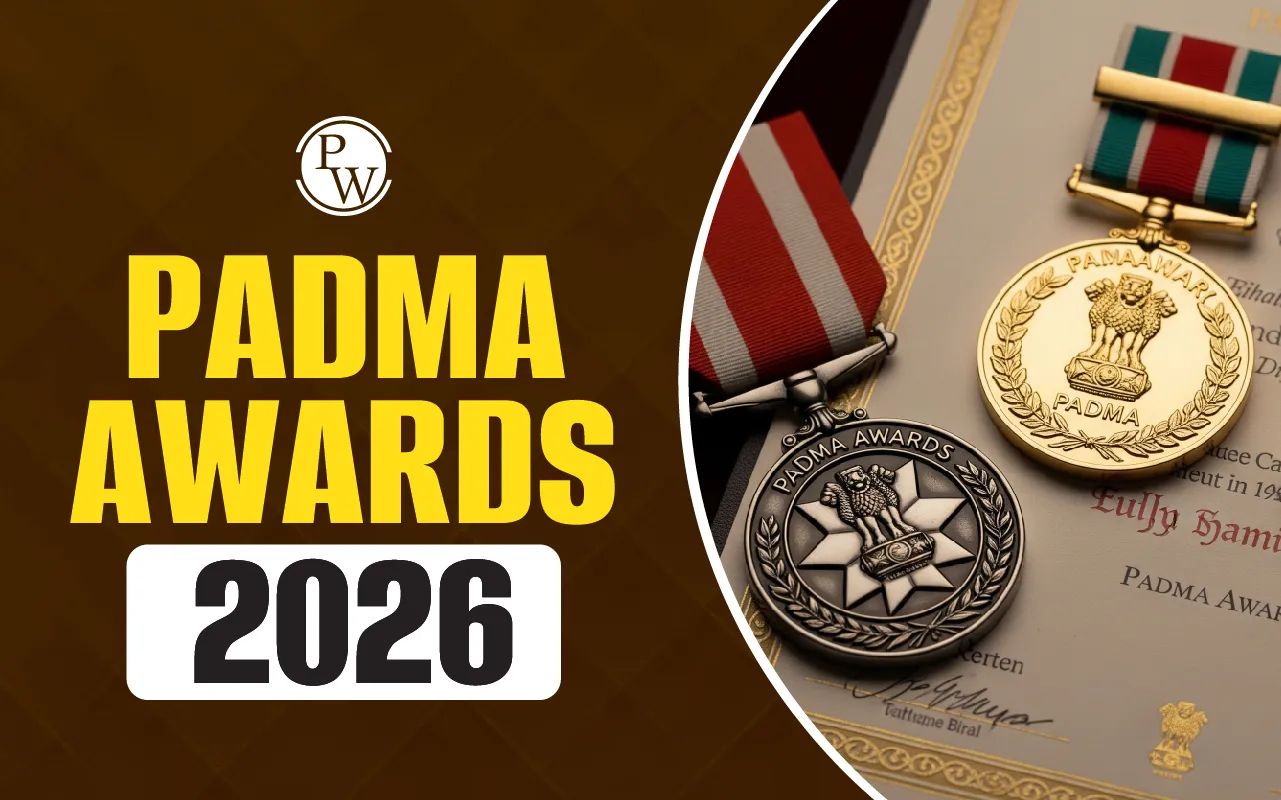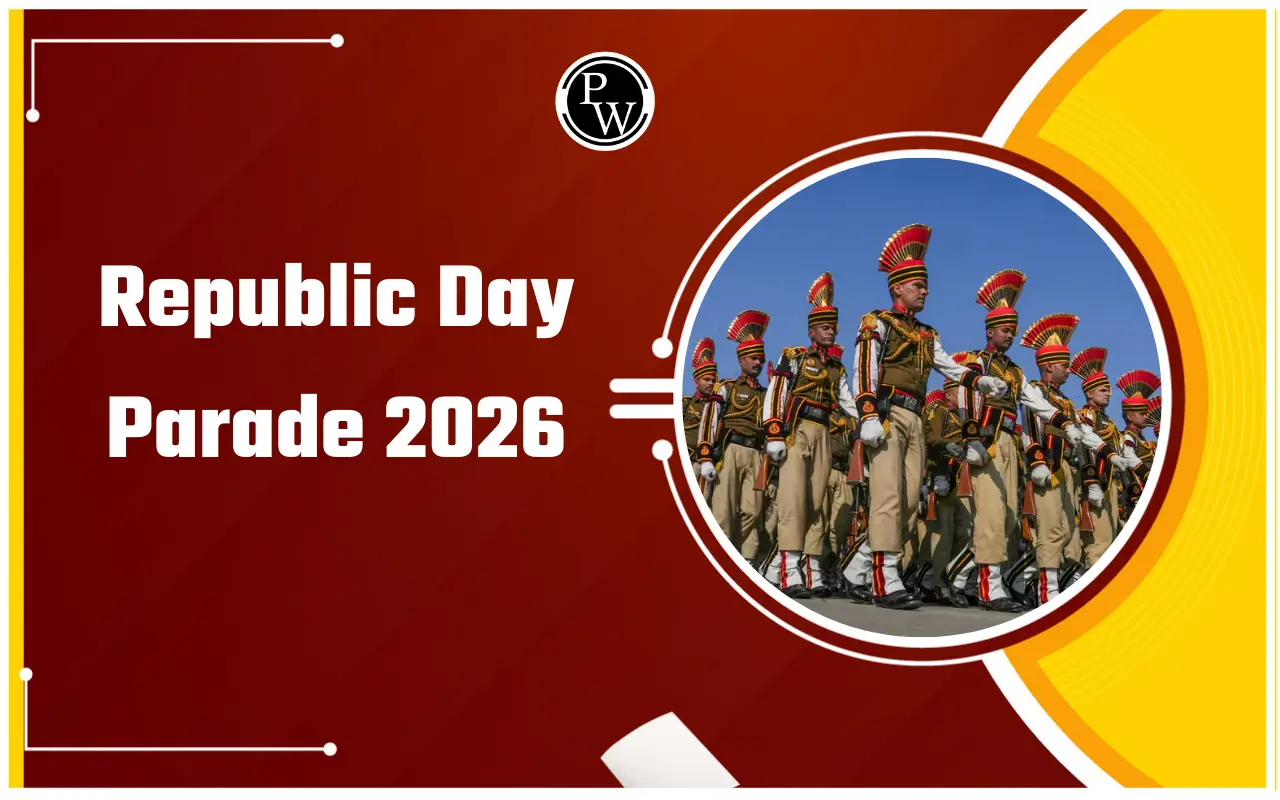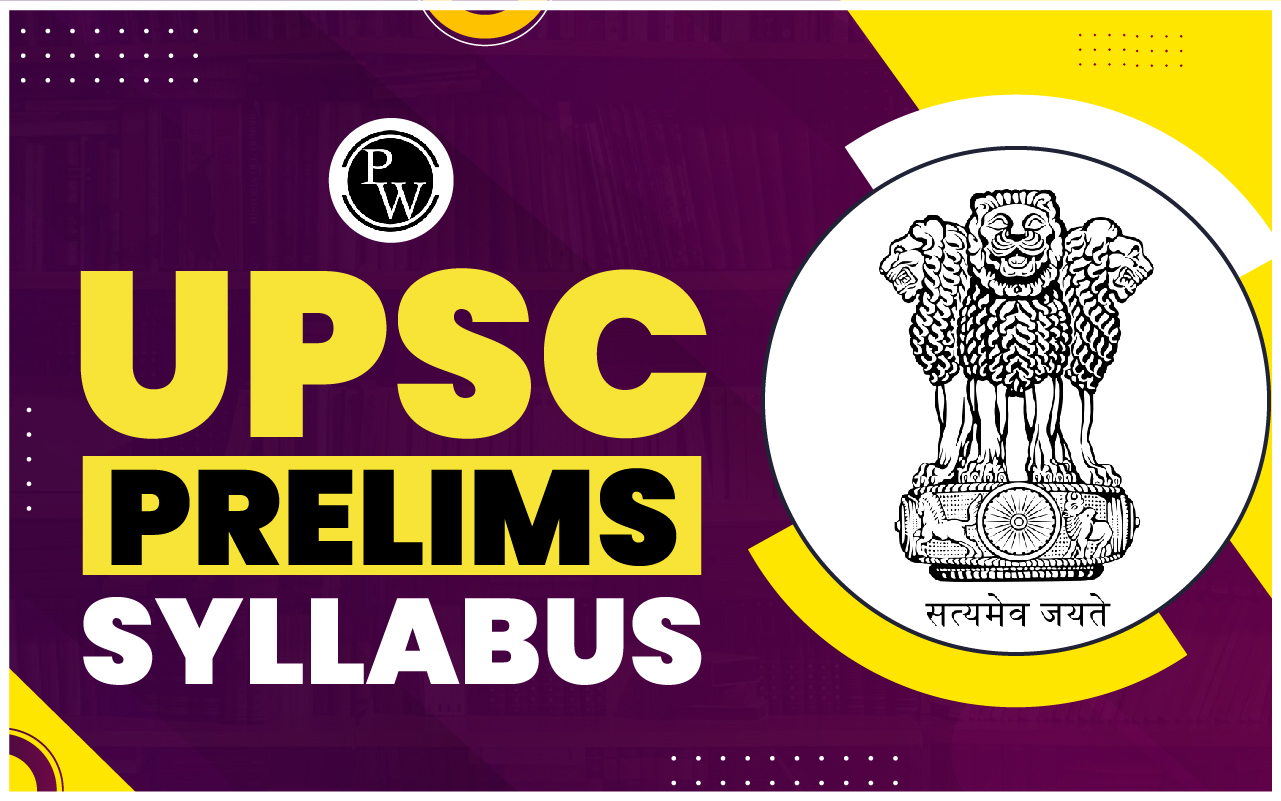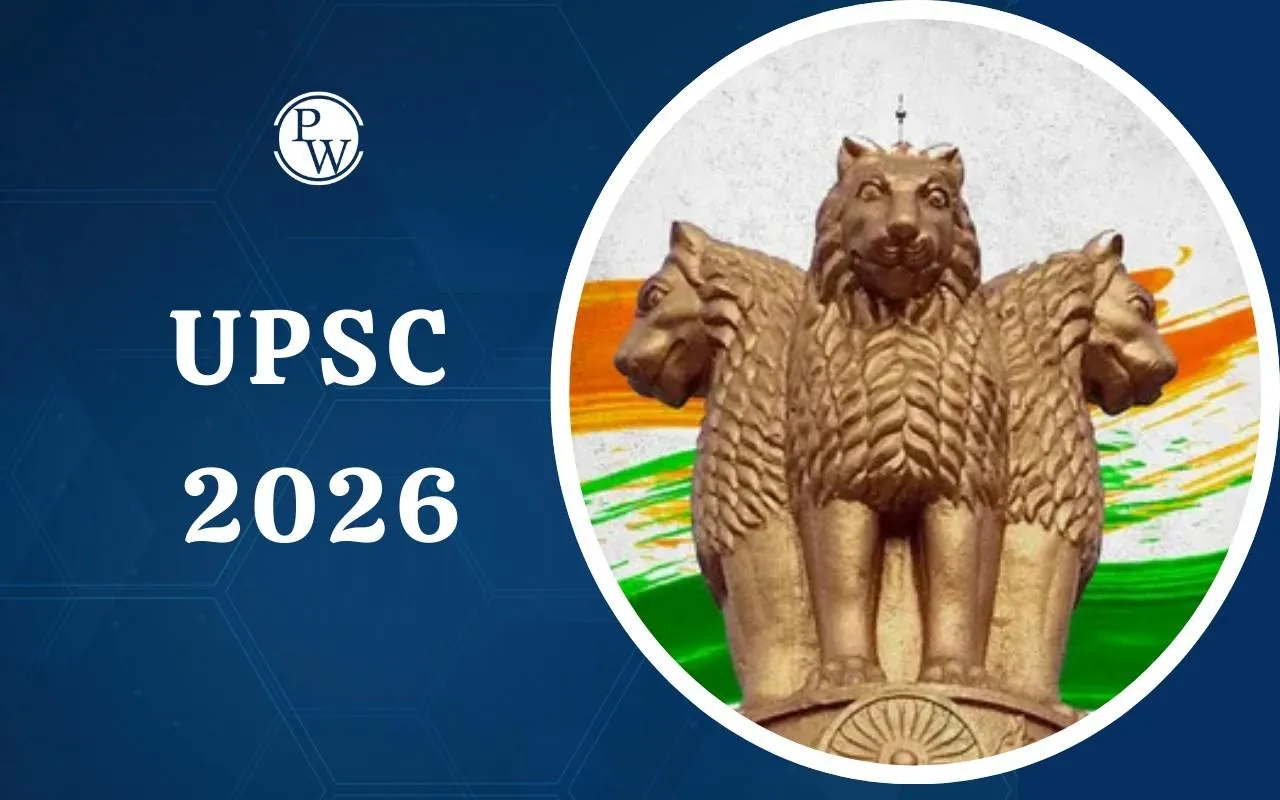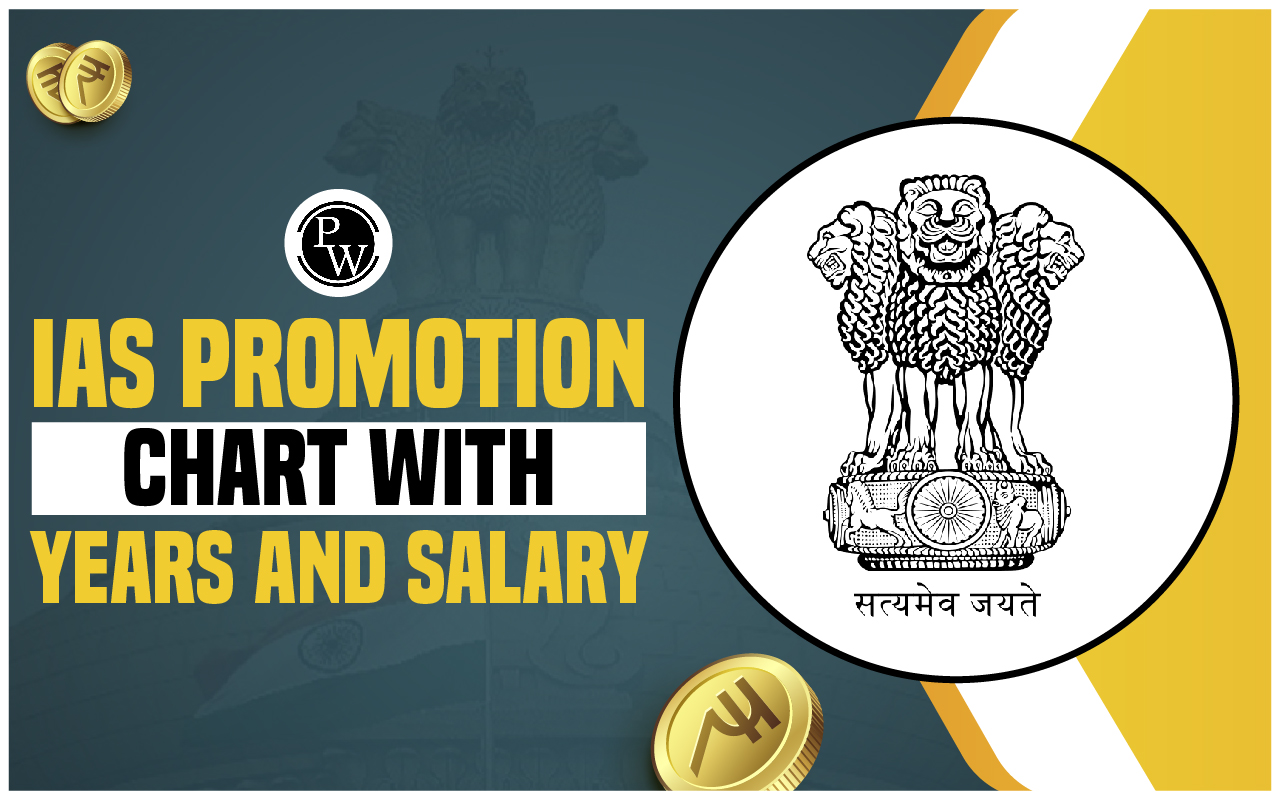
UPSC Sindhi Literature Syllabus 2025: Sindhi Literature is one of the 48 optional subjects in the UPSC Mains exam. Candidates who choose it study the origin, evolution, culture, and literary heritage of Sindhi. It can also be selected as the Compulsory Language Paper (Paper A).
The UPSC Sindhi Literature Syllabus 2025 covers a wide range of topics, including linguistic features, vocabulary, poetry, prose, and drama of this Eighth Schedule language. Read on for the detailed UPSC Sindhi Literature Optional Syllabus, previous year question papers, recommended books, and preparation strategies for the 2025 exam.
UPSC Mains Sindhi Literature Optional 2025
Sindhi literature can be traced back to the 11th century. The credit for giving Sindhi literature its identity is given to three Sufi mystics named Qadi Qadan, Shah Abdul Karim, and Shah Inat Rizvi. In the 8th Schedule of the Constitution of India, ‘Sindhi’ was added with the 21st Amendment Act due to the historical significance attached to this literary language.UPSC Sindhi Literature Exam Pattern 2025
The exam consists of two papers (Paper I and Paper II), each carrying 250 marks, making a total of 500 marks. Both papers are descriptive and must be written in Sindhi, using either the Arabic or Devanagari script, depending on the candidate’s choice. Understanding the exam pattern is crucial for planning an effective preparation strategy and maximizing your score in this optional subject. Here is the UPSC Sindhi Literature exam pattern:
| Particular | Details |
| Paper | UPSC Mains Paper VI and Paper VII |
| Syllabus Division | Optional Paper I and Paper II |
| Total Marks | 500 (250 Each) |
| Marks Distribution | 10, 15, and 20 |
| Time Limit | 3 Hours |
| Sections | Section A and Section B |
| Total Questions | 8 |
| Compulsory Question | Questions No. 1 and 5 |
| Writing Language | Sindhi |
| Script | Arabic or Devanagari |
UPSC Sindhi Literature Syllabus Paper I
As stated, the subjects of UPSC Sindhi Literature are distributed into two papers. The first paper is concerned with the historical development of Sindhi Literature. The syllabus is divided into two sections, questions that must be answered in Arabic or Devanagari script of Sindhi. Here is section wise UPSC Sindhi Literature Syllabus:| Section A |
|
1. (a) Origin and evolution of Sindhi language —views of different scholars. (b) Significant linguistic features of the Sindhi language, including those pertaining to its phonology, morphology, and syntax. (c) Major dialects of the Sindhi language. (d ) Sindhi Vocabulary —stages of its growth, including those in the pre-partition and post-partition periods. (e) Historical study of various Writing Systems (Scripts) of Sindhi. (f) Changes in the structure of the Sindhi language in India, after partition, due to the influence of other languages and social conditions. |
| Section B |
(a) Early medieval literature up to 1350 A.D., including folk literature. (b) Late medieval period from 1350 A.D. to 1850 A.D. (c) Renaissance period from 1850 A.D. to 1947 A.D. (d) Modern period from 1947 onwards.
|
UPSC Sindhi Literature Syllabus Paper II
The UPSC Sindhi Literature Paper II requires a first-hand reading of the texts prescribed in the question paper. The objective of the second paper is to test the critical ability of candidates to comprehend poetry , prose , and drama of Sindhi Literature. There are two sections, viz., Section A and Section B. The UPSC Sindhi Literature syllabus of Paper II is as follows:| Section A |
|
| Section B |
|
Previous Year’s Sindhi Literature Question Paper
As candidates decide to opt for this subject, they must go through the previous year’s question papers, which will give them crucial insights into the subjects of the UPSC Sindhi Literature syllabus. The direct link to download the UPSC Sindhi Literature Question Papers is provided below:UPSC Mains Sindhi Literature Books
While making the list of Sindhi Literature books for UPSC Mains, candidates must ensure that the syllabus for paper I can be covered in detail. While books for UPSC Sindhi Literature Paper II can be picked as per the prescribed syllabus, the booklist for Paper I is dynamic. Here is the list of books for the UPSC Sindhi Literature syllabus:| Paper I | Paper II |
|
|
How to Prepare for UPSC Sindhi Literature?
The UPSC Sindhi Literature syllabus is comparably static and crisp, which is why candidates having a good understanding of this language can easily opt for this subject to score well. In previous years, toppers like Sandeep Bhagia AIR 30 ,and Jagdish Chelani AIR 57, opted for this nontraditional subject in UPSC Mains to achieve success. Here are some preparation tips that might help you prepare for this subject:- Syllabus: Candidates should remember each topic of the UPSC Sindhi Literature syllabus by heart. Download the UPSC Sindhi Literature Syllabus PDF and memorize each topic and subtopic while understanding the question paper pattern.
- PYQs: Next, go through the previous year's question paper to analyze the recurring themes. Prepare these themes from standard resources.
- Grammar: In literature, grammar is the core part; hence, as you pick this optional subject, ensure to have a good command over the grammatical structure and vocabulary of Sindhi Literature in Arabic or Devnagari script. Besides, the grammar section can give you full marks in the main examination if you are prepared thoroughly.
- Sindhi Literature Study Material: Go through toppers' blogs and videos to get an idea of the study material for Sindhi Literature. Stick to quality books and reference material for both papers.
- Guidance: Reach out to mentors if you are finding it hard to solve the previous year's question papers or manage other subjects with optional papers. Join a quality UPSC course at Physics Wallah to balance your studies.
- Write Summary: After reading books, try to write a summary in your own language. Get a summary evaluated by experts. Work on the feedback given by experts .
- Sindhi Literature Notes: Making notes will help you with quick revision since the syllabus may be static, but the study material is comparably vast. Note down the contributions of famous personalities in Sindhi Literature.
- Answer Writing: Join a test series and attempt questions from previous years to learn the specific requirements of this optional paper and time management skills. The objective should be to understand the demand for each type of question and answer in standard literary vocabulary.
UPSC Sindhi Literature Syllabus FAQs
What is the syllabus of Sindhi literature in UPSC?
Who is the topper of the UPSC Sindhi literature optional paper?
Do candidates need to have Sindhi as their native language for the optional paper?
How to answer questions in the UPSC Sindhi literature optional paper?
What is the ideal score in the UPSC Sindhi literature optional paper?



